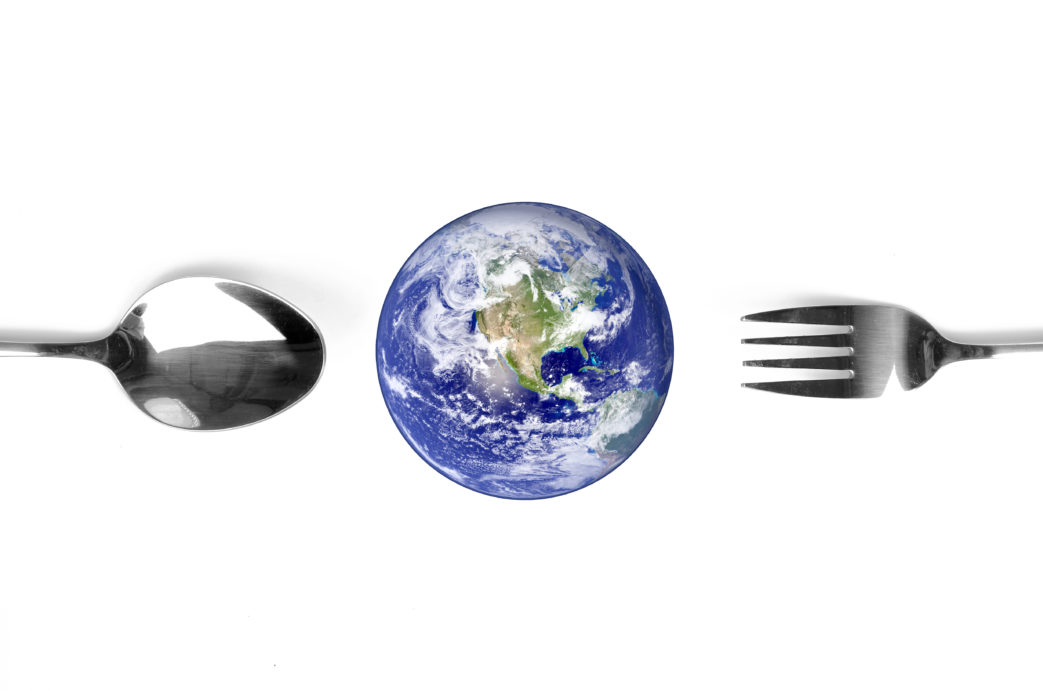Meat industry: An important new report from the EAT-Lancet Commission for Food, Planet, and Health emphasizes the vital role food plays in the safety of our planet and global health.
These findings are consistent with other recent research, including a study by Science confirming the most effective way to reduce your environmental impact is to stop consuming animal products, and the United Nations’ warning that we have only “12 years to limit a climate catastrophe.”
The EAT-Lancet report continues this thread, emphasizing that “a radical transformation of the global food system is urgently needed.”
Because our food systems are so large and impactful, they offer a way to change our planet’s future–if we act now. Not only would a decrease in the production of animal products help prevent loss of biodiversity, pollution and climate change, it would greatly affect global health.
The meat industry is predictably concerned and speaking candidly about their fears. In an op-ed on industry website Meatingplace, Animal Agriculture Alliance Vice President of Communications Hannah Thompson-Weeman warned other industry professionals about the upcoming report, urging them to prepare for this “next attack.” One suggested tool she cites is Animal Agriculture Alliance’s sustainability impact report–a study done both for and by the meat industry.
Rather than accept the reality that consumers are increasingly opting for more sustainable, plant-based foods, Big Ag is digging in its heels. The Alliance makes such claims that Meatless Mondays is an attempt to eliminate consumer choice while the meat and dairy industries lobby to squash fair competition for plant-based alternatives.
Attempts to undermine the EAT-Lancet report’s assessment of the nutritional cost of a meat-laden diet, Thompson-Weeman originally claimed that “you’d have to eat 15 bowls of black beans to get the same amount of protein found in one 3-ounce serving of beef.” This bold misinformation was later corrected after prompting from Animal Outlook.
Meanwhile, Thompson-Weeman referred to the prestigious EAT-Lancet Commision as “extremist.”
“Transformation to healthy diets by 2050 will require substantial dietary shifts. Global consumption of fruits, vegetables, nuts and legumes will have to double, and consumption of foods such as red meat and sugar will have to be reduced by more than 50%. A diet rich in plant-based foods and with fewer animal source foods confers both improved health and environmental benefits.” -Prof. Walter Willett, M.D.
In addition to requiring an overhaul of our food systems, these changes rely on individual action and a refusal to support the dangerous and cruel meat industry. And that means changing what may be on your plate at mealtimes. The commission suggests that meals consist of half a plate of fruit and vegetables, with the other half a mixture of whole grains, plant protein sources, unsaturated plant oils and the optional modest amounts of animal protein.
For governments and world leaders there are quantifiable steps to be taken to mitigate climate disaster. The report suggests “five strategies for a great food transformation,” which are as follows:
- Seek international and national commitment to shift toward healthy diets
- Reorient agricultural priorities from producing high quantities of food to producing healthy food
- Sustainably intensify food production to increase high-quality output
- Strong and coordinated governance of land and oceans
- At least halve food losses and waste, in line with UN Sustainable Development Goals
These changes are no small feat, especially in a capitalist economy that has privileged the influence and lobbying power of the meat, dairy, and egg industries for decades. But, as the science proves time and time again, a change is not only inevitable, it’s an absolute necessity to avoid health and environmental disaster.
Today, each of us can take a step toward reducing our environmental impact and safeguarding our own health. Start at TryVeg.com.

